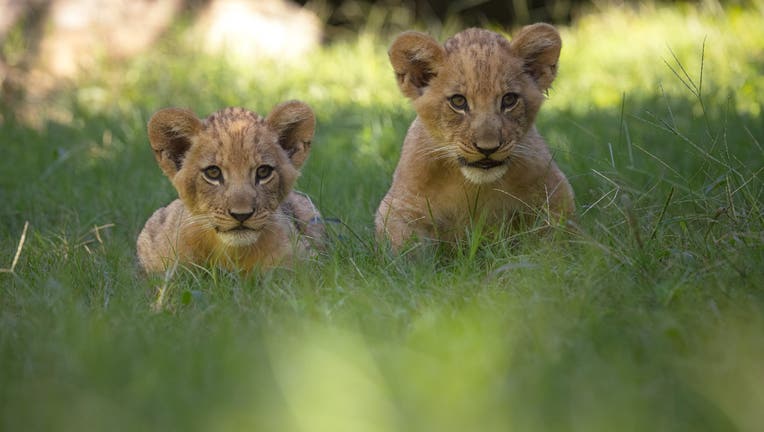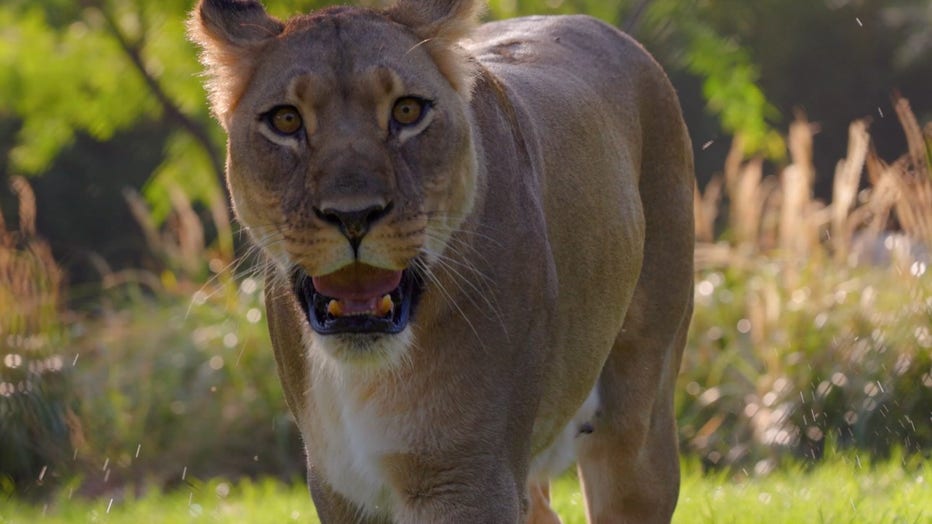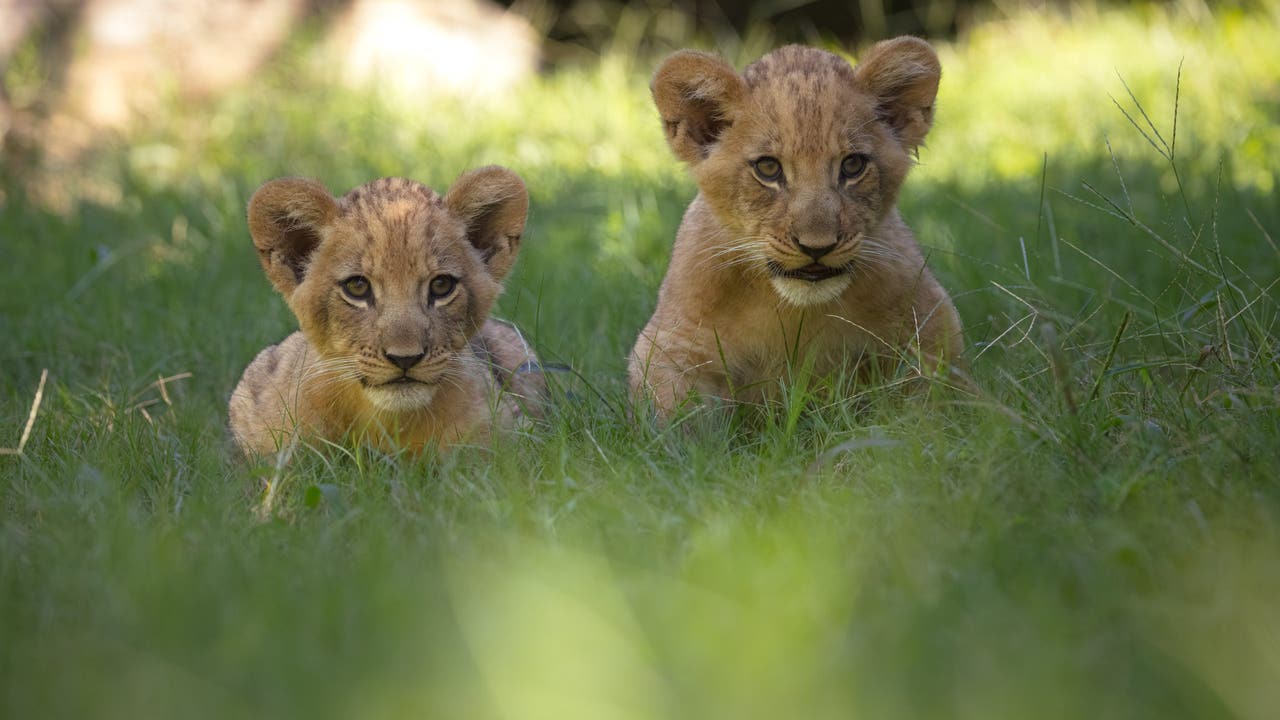 article
article
Imara (left), Tamu (right)
FORT WORTH, Texas – The Fort Worth Zoo announces the birth of two lion cubs!
What we know:
A male-female sibling pair of lion cubs were born on June 29, 2025, to mother Saba and father Jabulani. These are Saba’s second and third cubs, and they are full siblings to brother Moja, who was born Oct. 20, 2023.
Mother Saba
Since the birth of the sibling cubs, the two have been growing behind the scenes and bonding with their mother, Saba, while Fort Worth Zookeepers have kept an eye on their development and wellbeing. The little lions are beginning to display some innate behaviors, playing with Saba’s tail as well as wrestling with one another to imitate predator-prey behaviors. Saba is exhibiting ideal maternal demeanors, including allowing frequent nursing opportunities, baths and playtime.
For now, zookeepers are following Saba’s lead, as she will dictate where and how the cubs spend their time as they will have access to the main habitat as well as their den. Fort Worth Zoo added modifications to the yard, which include extra logs and stepping stones, and added measures to ensure the new baby cubs are safe in their new home.
Saba has access to their behind-the-scenes den, in case the mother chooses to bring the cubs indoors for a catnap.
 About the cubs
About the cubs
The names were chosen to reflect the cubs’ individual behaviors.
After a few weeks observing the cubs, Fort Worth zookeepers noticed the female to be more adventurous, bold and a little feisty. The female was given the name Imara (ee-mah-rah), which is the Swahili word for “strength,” reflecting her spirited determination and steadfastness, according to the zoo.
The male cub tends to be more cautious and reserved and often found closer to mother Saba. The male cub was given the name Tamu (tah-moo). According to Fort Worth Zoo, ‘tamu’ is the Swahili word for “sweet,” which is symbolic of a newborn male’s gentle spirit.
Together their names represent the journey of conservation. It demands strength and steadfast commitment, but successes are sweet.
Imara (front), Tamu (back)
African lion population
Big picture view:
The births of Imara and Tamu are both conservation successes and another advancement in diversifying the African lion bloodline in the U.S.
The Zoo’s adult lions, Jabulani, Saba and Abagebe, were born at a South African wildlife facility and came to the Fort Worth Zoo in 2012. When this pride made the Zoo their home, it introduced new bloodlines of lions into North America, varying the gene pool.
African lions are a vulnerable population, according to the International Union for Conservation of Nature’s (IUCN) Red List. The IUCN notes that the population is continually decreasing. The Fort Worth Zoo is part of a cooperative breeding program among North American zoos to help ensure a genetically diverse and thriving population of African lions.
Predators of Asia & Africa habitat at Fort Worth Zoo
Local perspective:
In 2023, the Fort Worth Zoo strengthened its commitment to African lions with the opening of the Predators of Asia & Africa habitat. Their new space is nearly five times larger than the previous one and features a state-of-the-art barn along with additional behind-the-scenes yards.
These expanded areas support a growing pride, providing dedicated spaces for mothers and cubs to bond and for gradual introductions to the rest of the pride when the time is right.
The Source: Information in this article was provided by the Fort Worth Zoo.
Fort WorthTarrant CountyPets and Animals
